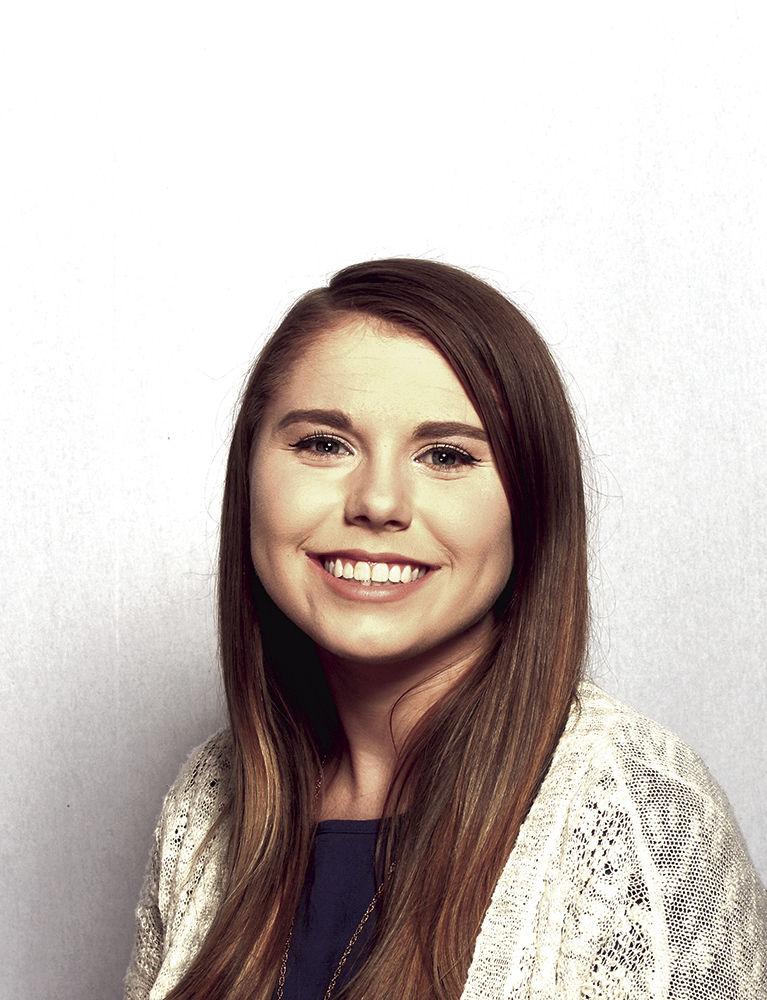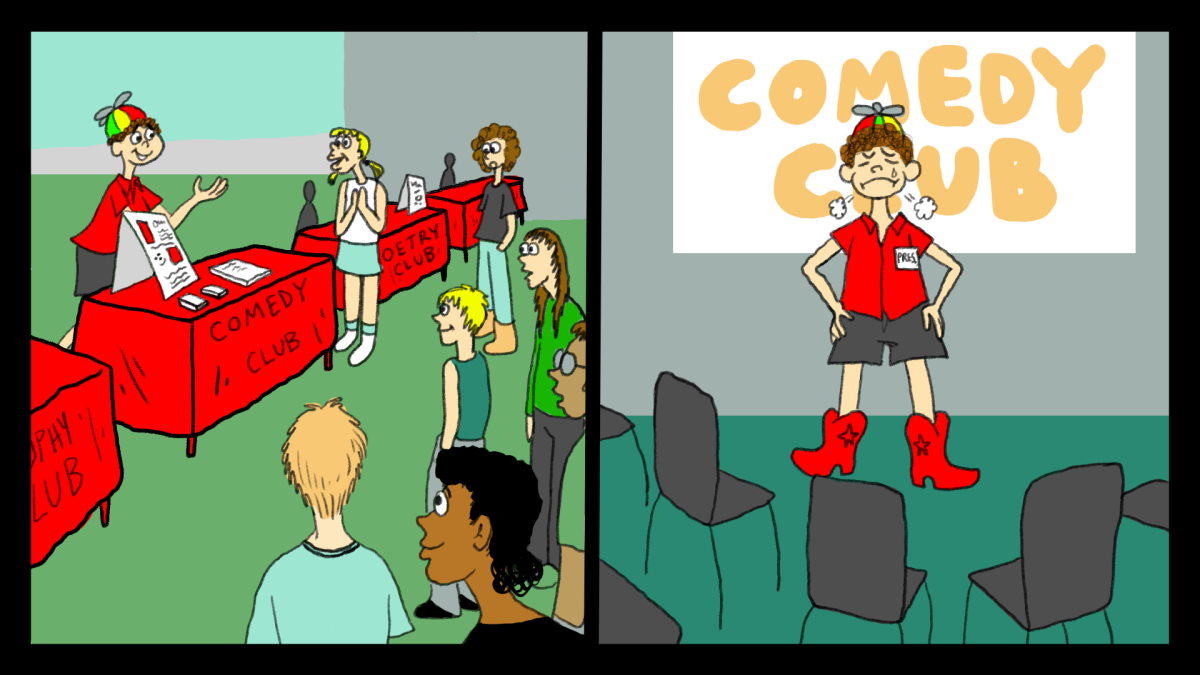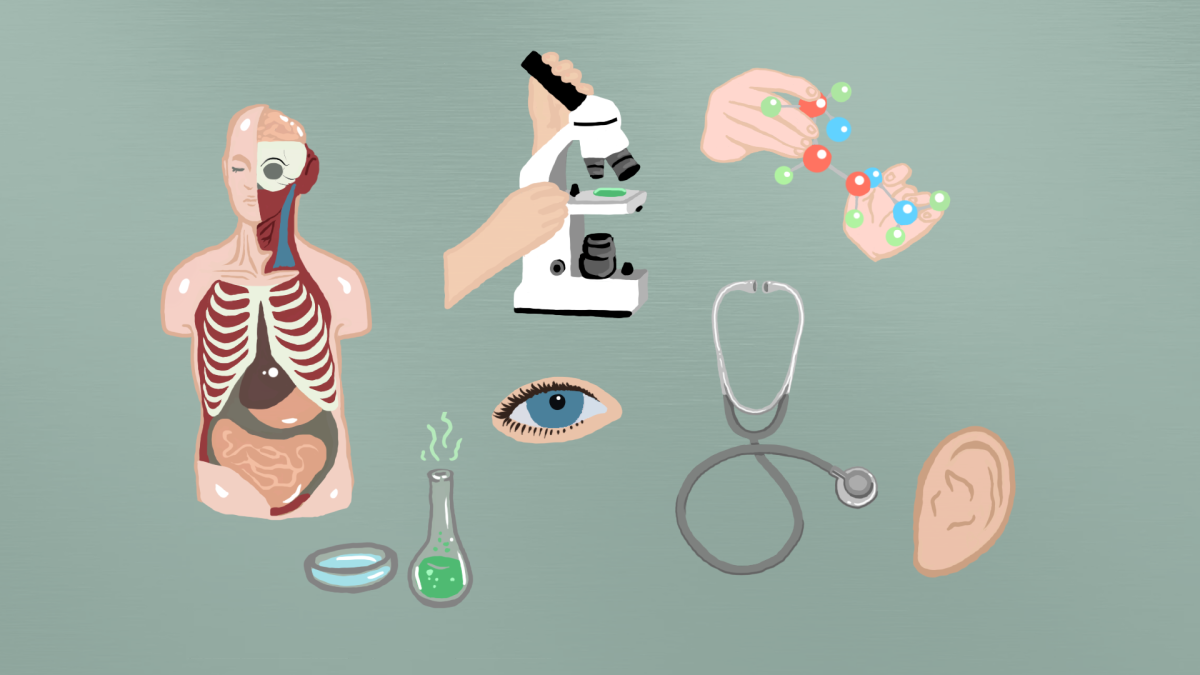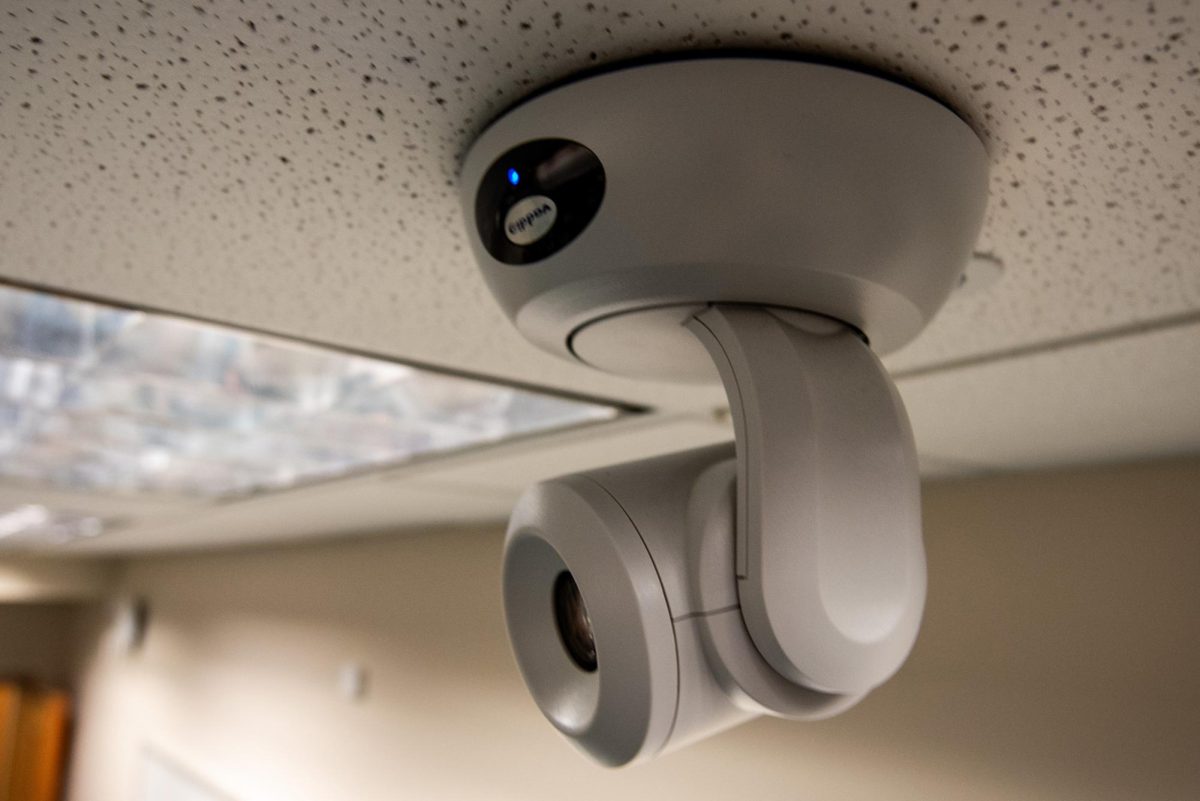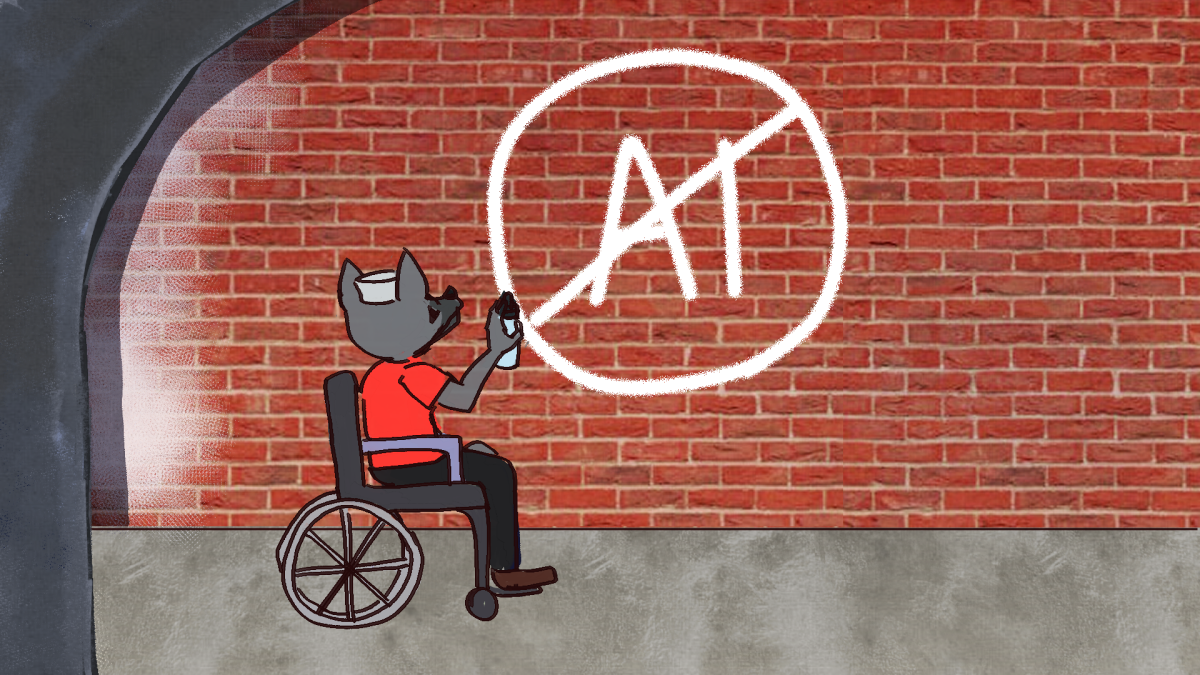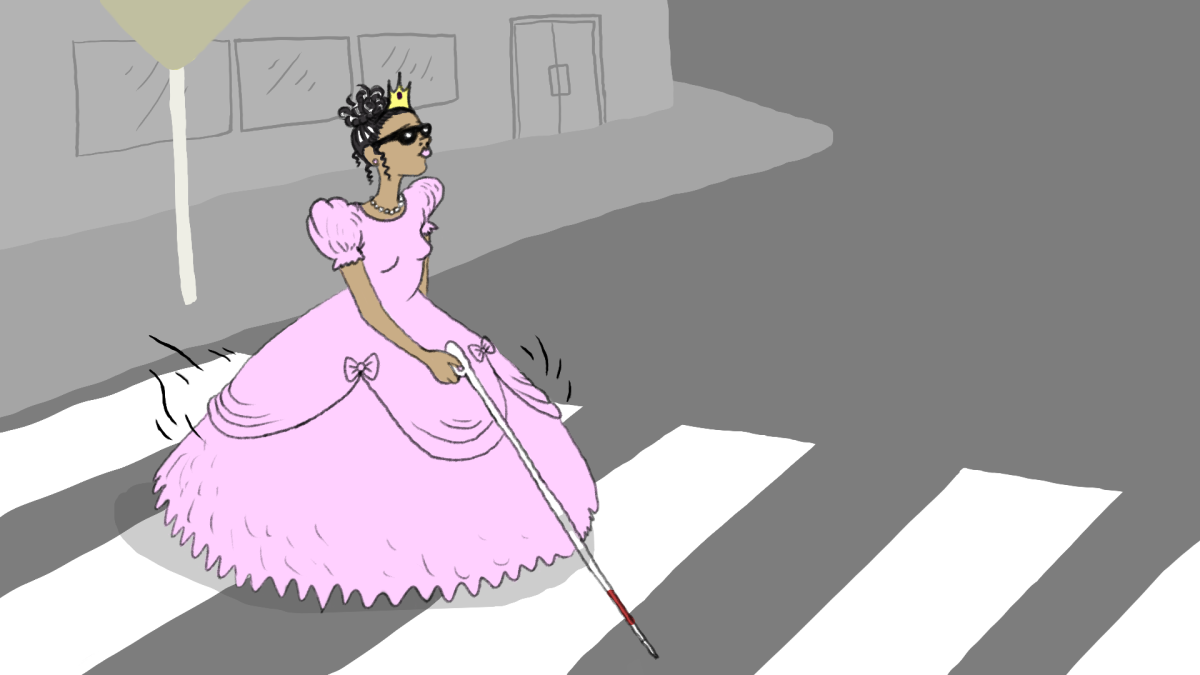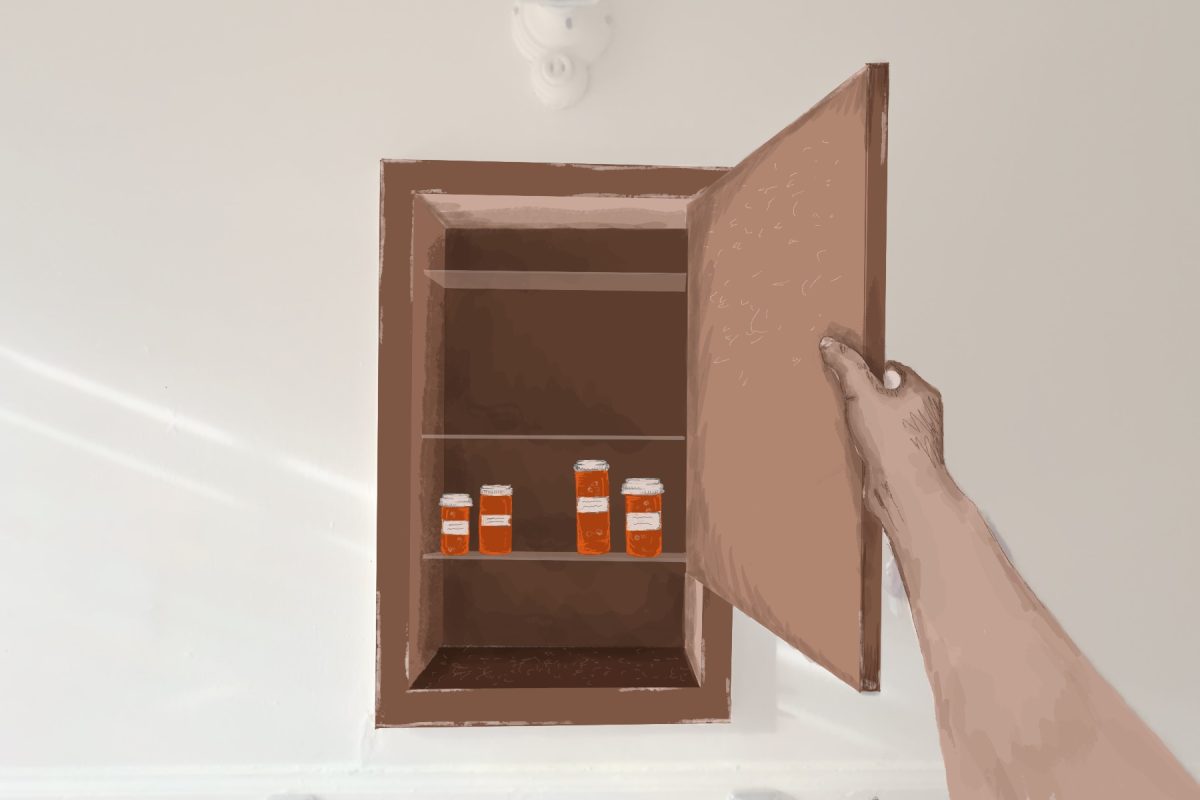On Thursday during my Principles of Sociology class, several of my classmates, including myself, made an audible gasp when, during a class discussion, one of our fellow students said that people of the transgender community were “disgusting.” My jaw dropped, and my hands started shaking; I could not believe what I was hearing.
This caused a sudden halt in the class when my professor respectfully told the student how he could be insulting and offending someone in that very room. She proceeded to educate the class on the difference between sex and gender and offered to stay after class and talk to anyone who was hurt because of what was just said.
Thankfully my professor used her position of power to be an ally for the LGBT community, but it made me question how my other professors would react, and even what I would do had my professor not stepped in. Would I have done my job as an ally?
Sadly, a classroom is the setting where a large portion of bullying, microaggressions and other discriminatory speech takes place. According to Stonewall, “half of LGBT pupils hear homophobic slurs ‘frequently’ or ‘often’ at school,” and according to the Australian Human Rights Commission, “80 per cent of homophobic bullying involving LGBTI young people occurs at school.”
Many members of the LGBT community feel the need to hide their sexuality or gender identity from peers, classmates and employers to prevent discrimination and abuse. According to the Australian Human Rights Commission “young people aged 16 to 24 years are most likely to hide their sexuality or gender identity,” and around 40 percent of LGBT individuals hide their sexuality or gender identity at work and social and community events.
After that shocking sociology class, a few of my classmates and I discussed with each other what we wished we had said to our classmate in the moment and what we are going to do in the future as allies. I wondered about what I could personally do to help re-establish a welcoming environment for my classmates — not only in that class but in all of my courses.
“I think being an ally in a classroom can look like gently holding everyone accountable,” said Andy DeRoin, the program coordinator for NC State’s GLBT Center. “We kind of look at professors as being the only ones that can control the classroom, and a lot of that responsibility is theirs. But, if we have allies in the classroom who are students they can support that certain professor to create a more welcoming and inclusive classroom environment.”
It is also a violation of the NC State Equal Opportunity and Non-Discrimination Policy if a professor or classmate refuses to use a student’s correct name or pronouns, and according to NC State’s GLBT Center, students should report violations of the policy to the Office for Institutional Equity and Diversity. This makes allies on both sides of the classroom able to keep each other accountable.
“You can make this really awesome dynamic work where students are holding professors accountable and professors are holding students accountable within the classroom environment,” DeRoin said. “So it’s really more of a collective effort.”
Being an LGBT ally in the classroom can take many forms. You can model appropriate behavior, step in when an offense has taken place, or even refer someone to the GLBT center. There are multiple events held by the GLBT Center that are designed to educate students and establish the understanding of LGBT subjects including peer to peer education, Lunch and Learn Series, and even an alternative spring break in San Francisco.
LGBT students should not feel like they have to hide their identities on our campus. Whether with modeling or educating a peer, as allies we must be able to take appropriate measures in order to make a welcoming classroom environment for all NC State students no matter their sexuality or gender expression.


